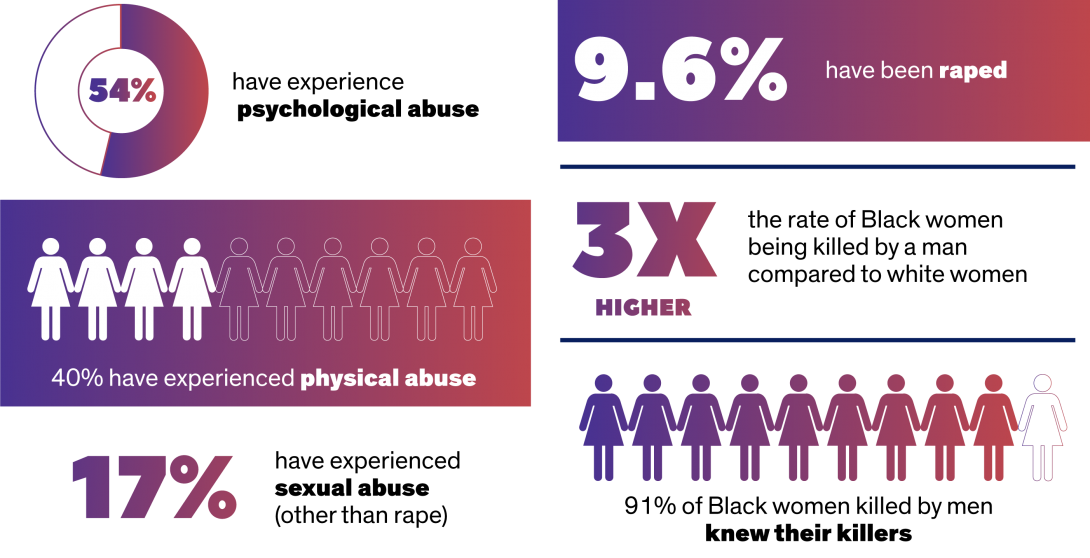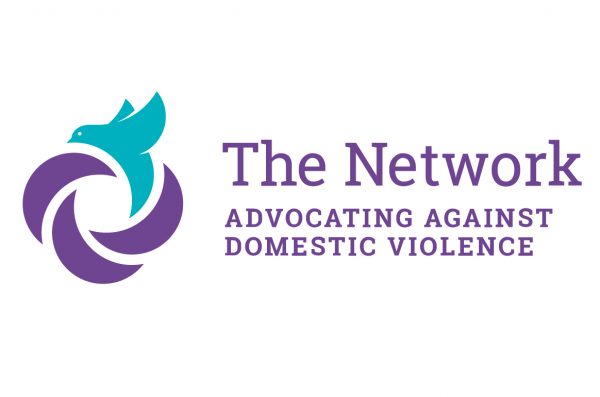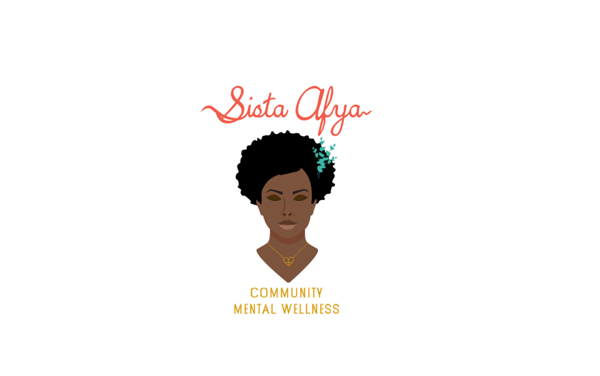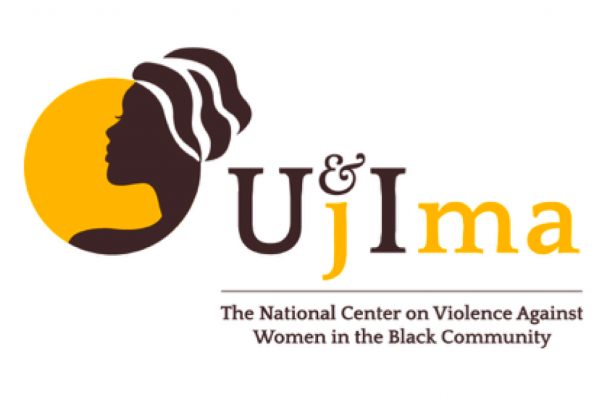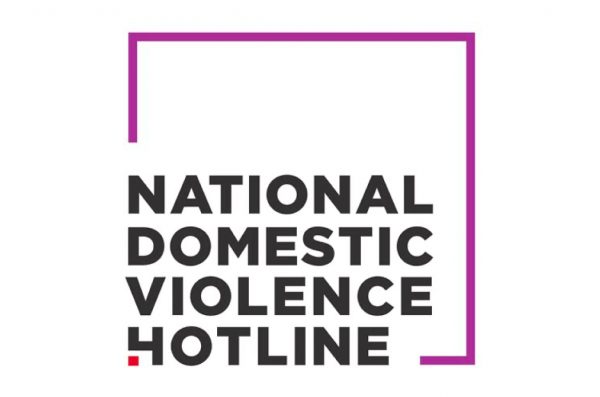Domestic Violence against Black Women
domestic violence intro Heading link
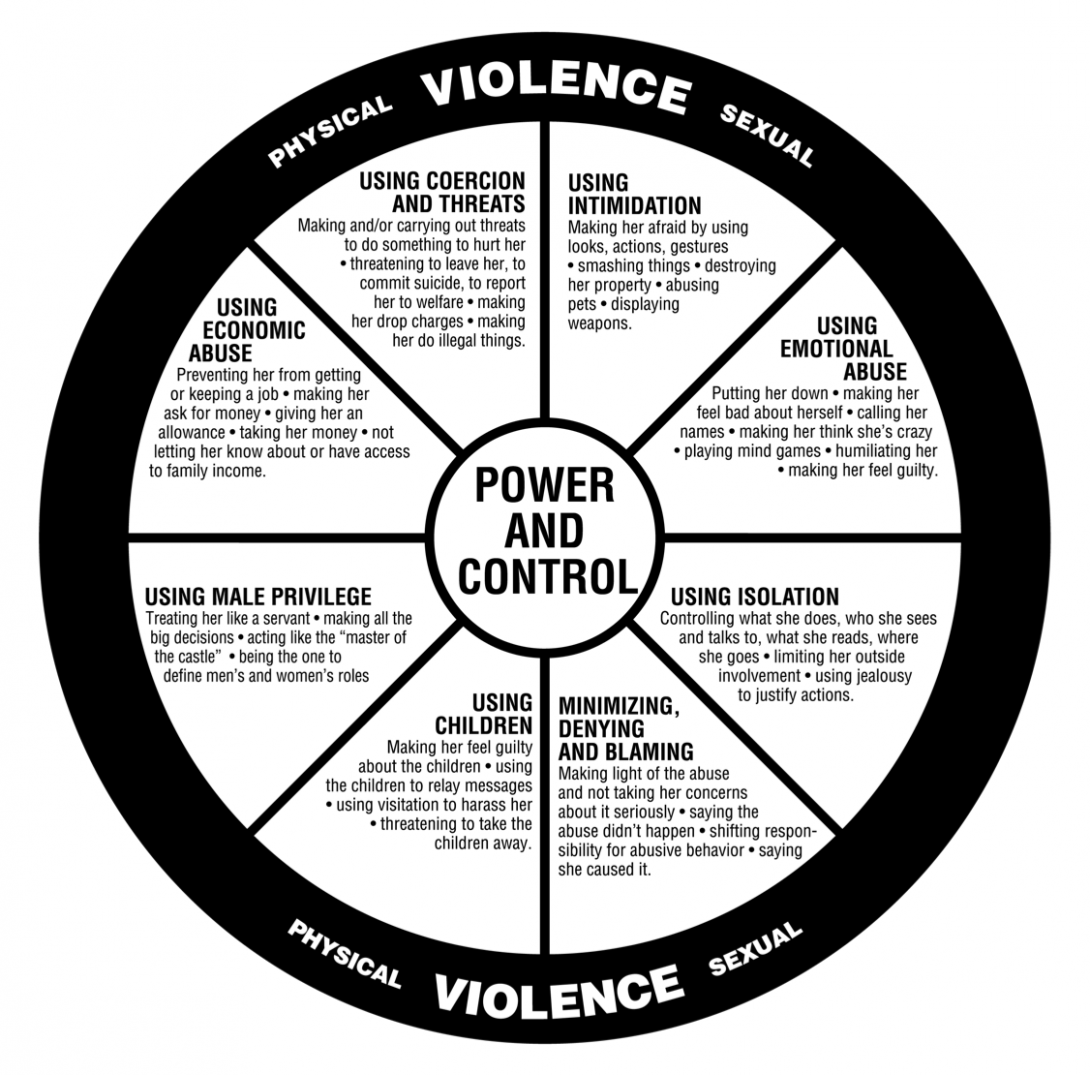
Domestic violence refers to all forms of abusive behaviors that individuals engage in to exercise power and control over intimate partners and other members of their household (e.g., children, elders). Domestic violence can take many forms including physical harm, sexual and psychological abuse, as well as economic coercion. Often, domestic violence intersects with other forms of violence (e.g., sexual violence, gun violence, and child abuse).
Racism, patriarchy, and other systems of oppression have created dynamics that render Black women vulnerable to domestic violence at alarming rates while remaining unprotected (see facts sheet). For instance, economic (in)dependence play a significant role in how women respond to domestic violence. Given that Black women are disproportionately working in low-paying jobs and have less access to economic self-reliance, their opportunities to leave abusive relationships and/or home environments are diminished. Black women’s access to protection have also been jeopardized by police violence against their communities. Often, Black women feel unsafe to seek state protection because they fear the consequences of police interventions for themselves (e.g., being abused by the police, being arrested, or killed) or for their abusers.
Statistics on Black women’s experiences with domestic violence perpetuated by intimate partners
More subtle forms of violence Heading link
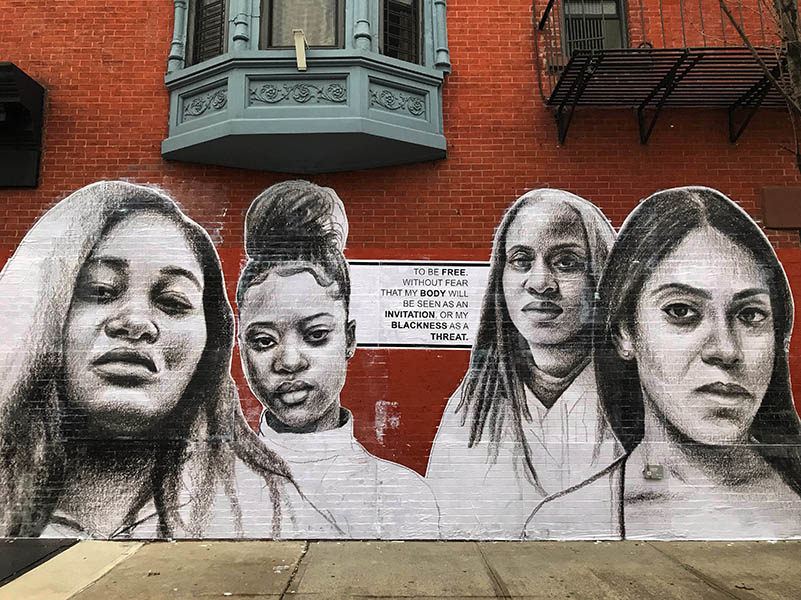
Patriarchal ideologies within Black communities hinder Black women’s physical and emotional well-being and put their own lives in jeopardy. In fact, murder by intimate partners is among the leading cause of death among young African American women between the ages of 15 and 45. Nonetheless, Black women are often asked to remain silent about their experiences and/or receive little support from their communities at large, often justified by the notion that speaking up or seeking help, especially from the state, contributes to the stigmatization of Black communities in general, and Black men in particular, as violent.
More subtly forms of domestic violence (e.g., the unequal share of household responsibilities) also take a toll on Black women’s opportunities to attend to their physical and psychological well-being. Along with being key breadwinners in their households, Black women are often the main care-takers of children, elders, and household chores– a set of patriarchal gender expectation that limit Black women possibilities to allocate time and resources in activities that would foster their physical, emotional and economic well-being, including attending to their physical health, resting and developing hobbies, as well as attending schools.
The health consequences of Black women’s exposure to domestic violence are troublesome. Black women survivors of domestics violence often develop a range of psychological conditions including depression, anxiety, PSTD as well as other illness such as alcohol abuse, eating disorders, hypertension. Aligned with already existing health inequalities, including lack of access to adequate quality health care, domestic violence against Black women further jeopardizes their health and opportunities to have happy and fulfilling lives. Experiences of domestic violence are multifaceted, and Black women may necessitate different types of support depending on the situation. The organizations listed below provide both educational materials as well as emotional and material support.
Learn more Heading link
-
Facts about Domestic Violence & African American Women by Institute of Domestic Violence in the African American Community (2015)
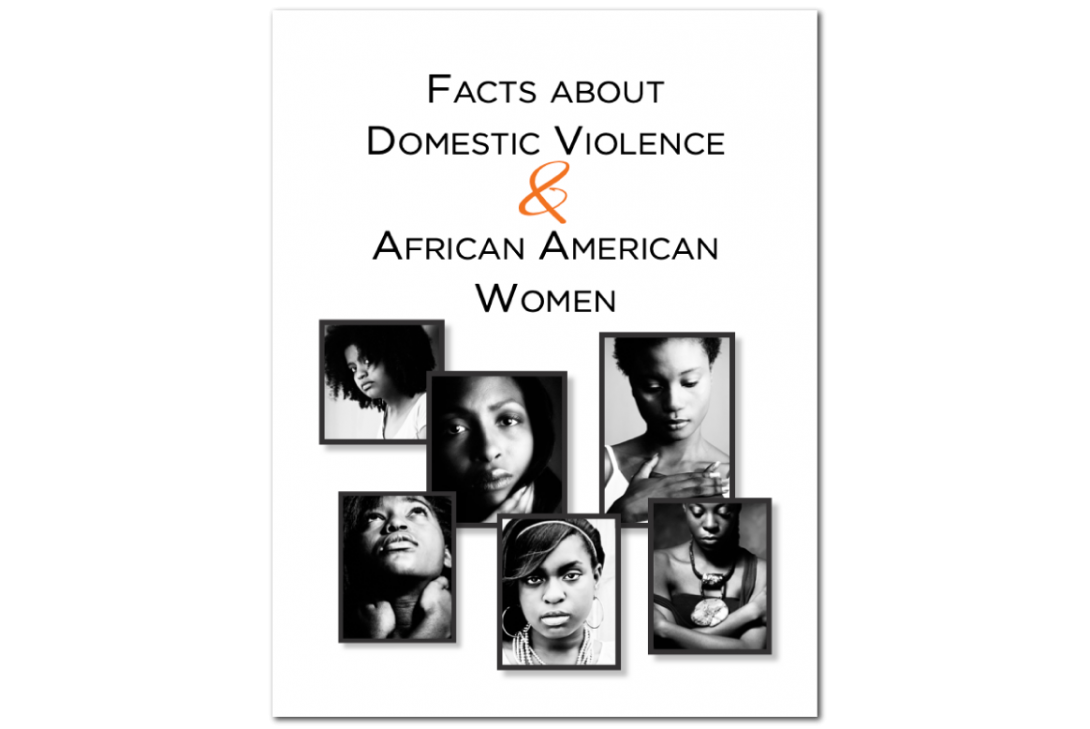
Facts about Domestic Violence & African American Women provides statistical information, research findings, and personal stories to present a holistic analysis of the status of Black women’s experiences with domestic violence in its multiple components, including: trauma, homicide, health factors, child maltreatment, teen dating violence, HIV/AIDS, and returning home from incarceration or parole.
